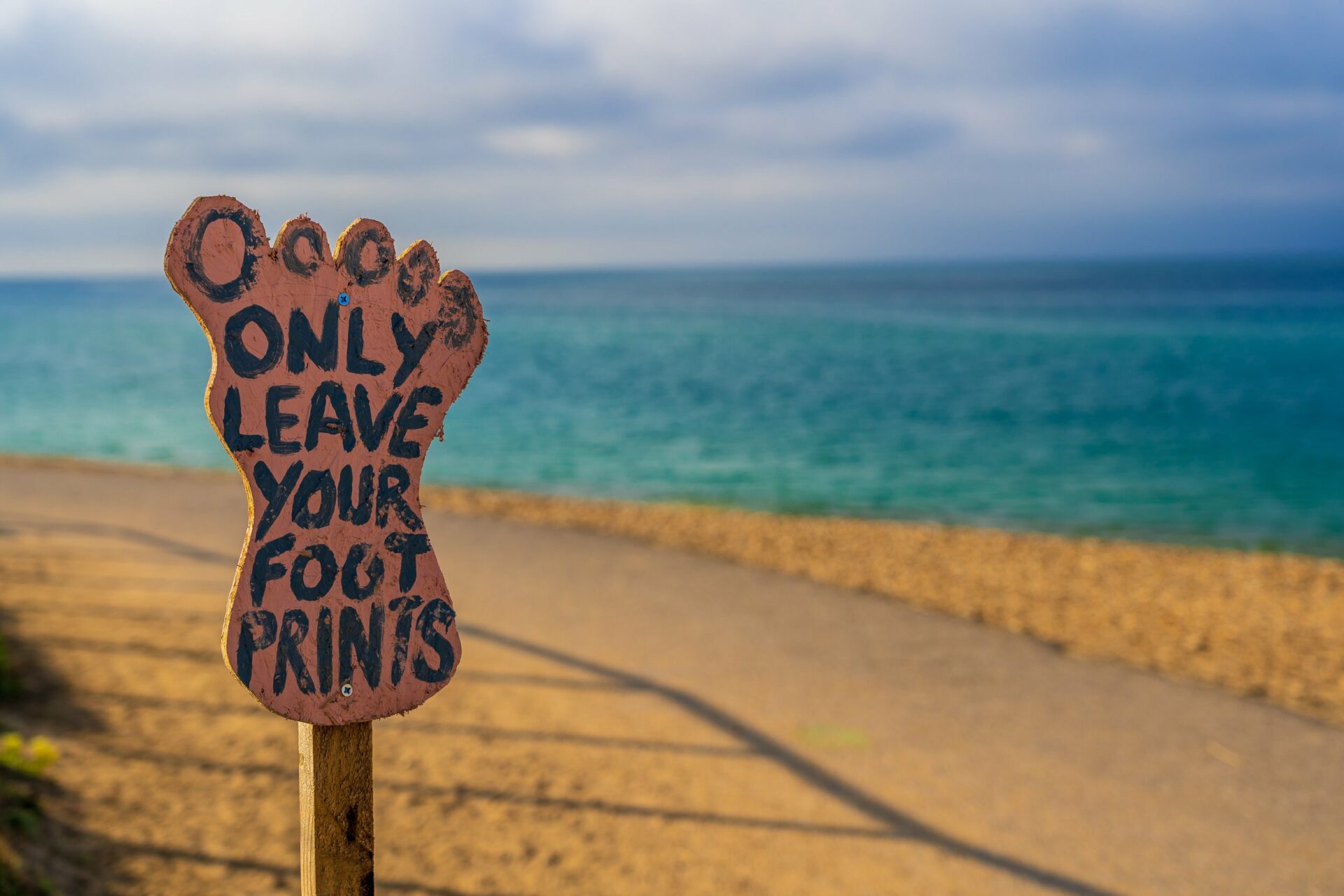Is there a gap between a desire to be more climate-friendly and the realities of consumption habits amongst Gen Z?
‘Sustainability’ is a real buzzword of the times and understandably too. Latest news this week talks about the expected migration of animals due to climate change and the risk this poses in terms of viral transmission between species, another potential future pandemic.
After living more than two years of their youth through a global pandemic, and as a generally vocal demographic when it comes to the topics of climate change and sustainability, we spoke with our Gen Z community about their concerns regarding these matters.
75% said they would boycott a brand that was found to be ‘unsustainable’
When asked about their biggest worries concerning climate change, wildlife depletion came out top – a very prevalent finding given the nature of the aforementioned media discussion this week. On the flip side, when it comes to how young people feel about brands in relation to climate change, three quarters, 75%, also reported they would boycott brands that are found to be ‘eco-unfriendly’ and ‘unsustainable’.
With fast fashion brands like Missguided and SHEIN leading the charge with their hugely amassed Gen Z audience, you would be forgiven, however, for questioning whether there is a gap in the aspirational morals and values of Gen Z in comparison to their purchasing decisions.
It is apparent that Gen Z does have the desire to live more sustainably and is actively engaging in conversations regarding raising awareness and discussions of this nature, but many of them are still young and starting out in their careers post-education. This comes hand-in-hand with less disposable income, and so while they may aspire to buy into brands with stronger sustainability credentials, could it be that at the moment, there is a gap between their intentions and actions?


